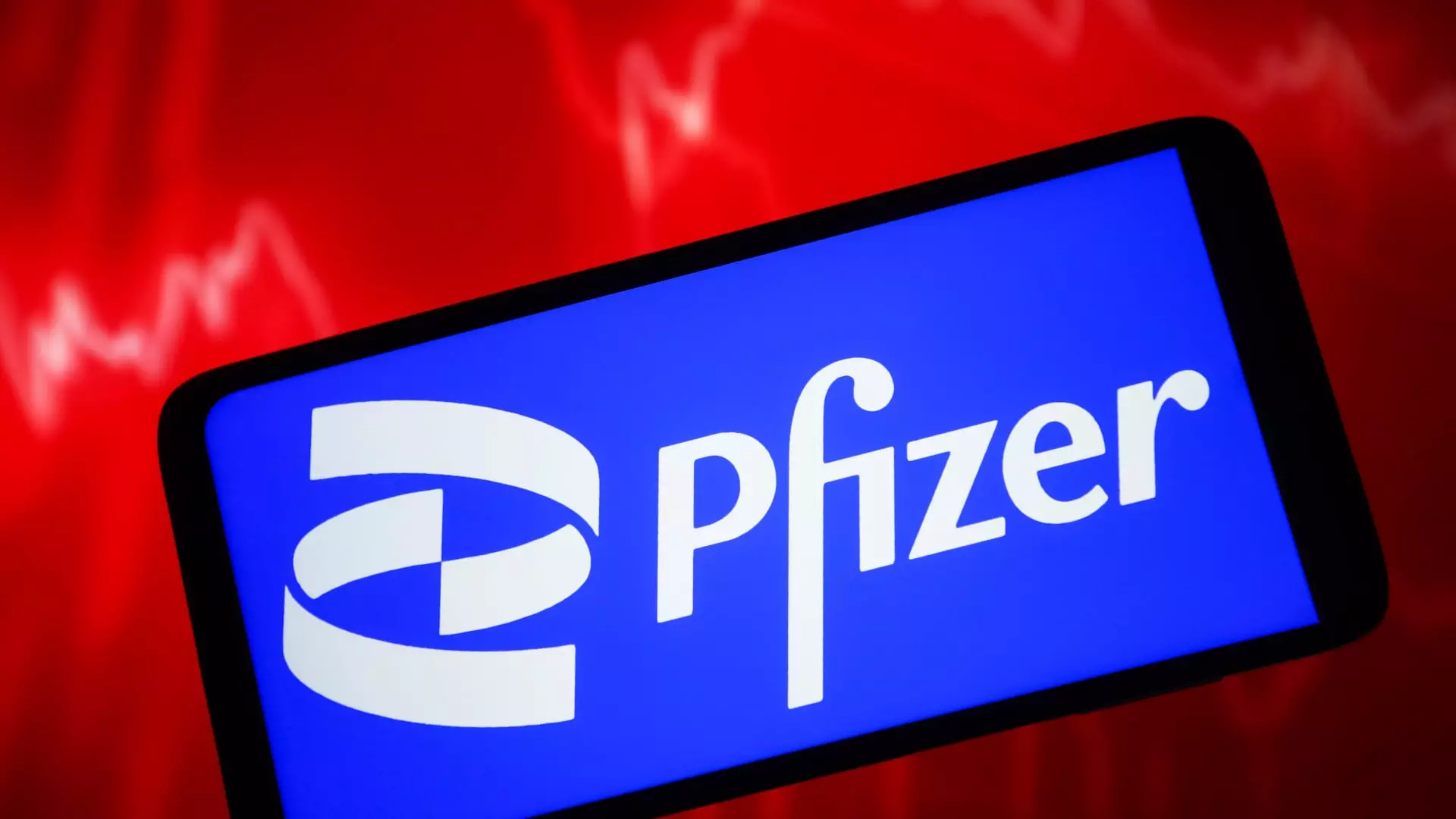The Food and Drug Administration recently approved Pfizer’s treatment for a rare genetic bleeding disorder, marking a significant milestone for the company. This groundbreaking gene therapy, known as Beqvez, is the first of its kind to receive clearance in the United States. The approval opens up new possibilities for adults with moderate to severe hemophilia B, offering them an innovative treatment option that could potentially transform their lives. However, the approval also comes with a hefty price tag, raising concerns about accessibility and affordability for patients.
Hemophilia B is a debilitating condition caused by insufficient levels of a certain protein that helps blood form clots to stop bleeding and seal wounds. Individuals with hemophilia B often experience easy bruising and prolonged bleeding, which can lead to complications such as joint damage and mobility issues. Traditionally, treatment for hemophilia B has involved frequent infusions of the missing protein, which can be burdensome and disruptive for patients.
Beqvez offers a one-time treatment option that enables patients to produce the necessary protein themselves, effectively preventing and controlling bleeding episodes. In clinical trials, Beqvez demonstrated superior efficacy compared to standard treatments, providing hope for patients grappling with the challenges of managing hemophilia B. Dr. Adam Cuker, a leading expert in hemophilia, highlighted the potential of Beqvez to reduce the medical and treatment burden for patients in the long term.
The approval of Beqvez represents a significant milestone for Pfizer, as the company strives to diversify its portfolio and overcome challenges faced during the COVID-19 pandemic. By investing in gene and cell therapies, Pfizer aims to establish itself as a key player in the rapidly evolving field of advanced treatments. The acquisition of Beqvez from Spark Therapeutics in 2014 underscores Pfizer’s commitment to driving innovation in healthcare.
Despite the promise of Beqvez, the high cost of the treatment raises concerns about accessibility and affordability for patients. Competing with Australia-based CSL Behring’s Hemgenix, another gene therapy for hemophilia B, Pfizer faces challenges in ensuring widespread adoption of Beqvez. Health experts have cited cost and logistical issues as barriers to the uptake of gene therapies, highlighting the need for innovative pricing models and reimbursement strategies.
Looking ahead, Pfizer plans to seek FDA approval for its experimental antibody, marstacimab, to treat hemophilia A and B. This ambitious initiative underscores Pfizer’s commitment to advancing the field of hematology and offering transformative treatments for patients with bleeding disorders. As the landscape of gene and cell therapies continues to evolve, Pfizer remains at the forefront of innovation, driving progress in the treatment of rare genetic conditions.
The approval of Pfizer’s gene therapy for hemophilia B represents a significant advancement in the field of rare disease treatment. While the high cost of the treatment raises concerns about accessibility, the potential benefits for patients are undeniable. By investing in innovative therapies and forging strategic partnerships, Pfizer is paving the way for a future where gene therapies could revolutionize the way we treat genetic disorders. It is imperative that stakeholders collaborate to address the challenges of affordability and access, ensuring that groundbreaking treatments like Beqvez reach those who need them the most.

